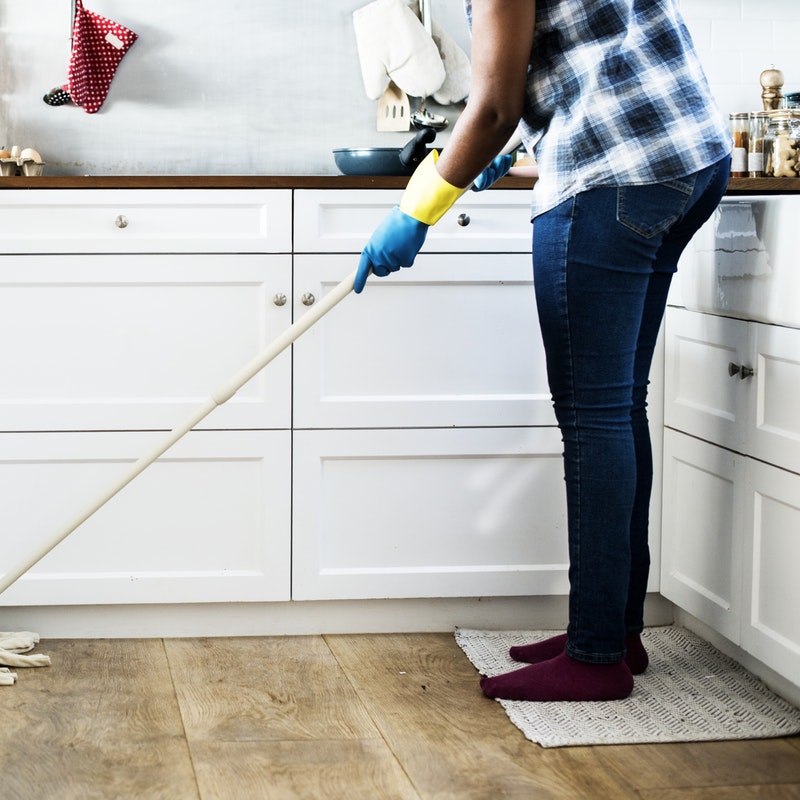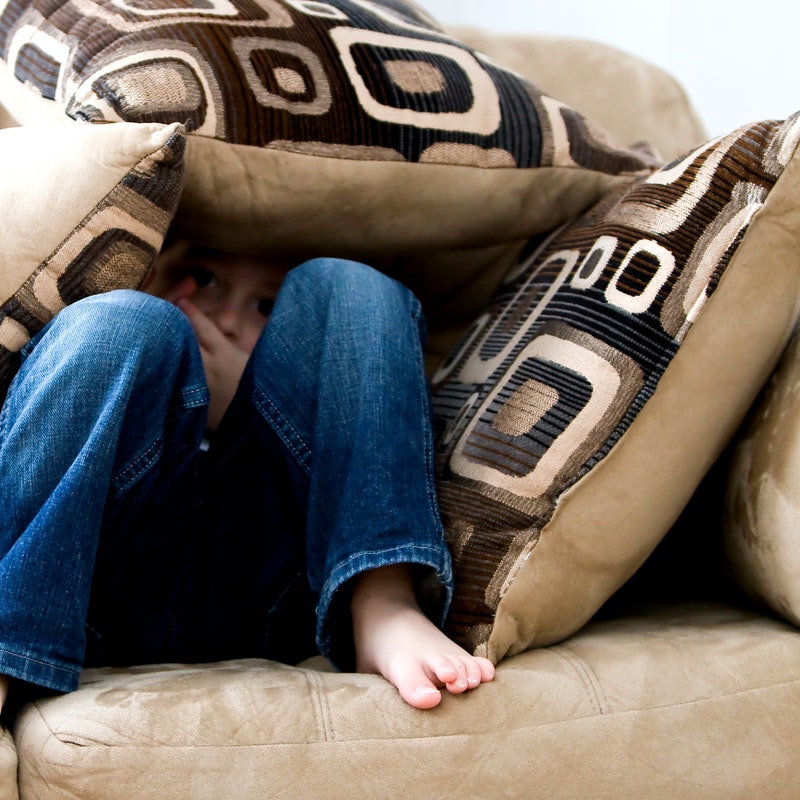
It's amazing how much mothers can get done. Women are practically superheroes in the aspect of household management. While men are doing more than ever as parents and spouses, women still handle a lot of what gets written off as "the details." These tasks require a lot of time and effort that is often taken for granted. If moms didn't do school enrollment and research after-school activities and interface with other parents to coordinate playdates, a lot of it simply wouldn't happen. A new study looked at how all those extra components to parenthood and household management are impacting women's mental health.
More from LittleThings: Dad Kicks Bratty 'Cool Girl' Out Of Teen Daughter's Sleepover At 1 AM For Bullying
The study is called "Invisible Household Labor and Ramifications for Adjustment: Mothers as Captains of Households." Published in the Sex Roles journal, the study explains that while men are more active participants in household matters than they were previously, women still do a bulk of the "invisible" work. The study was based on observation of nearly 400 women who had both minor children and a committed partner.

A newly published study evaluated the effects that handling "invisible" household tasks are having on women's mental health. These tasks are the things that get done without anyone really realizing, like parent-teacher conferences, researching after-school activities, or getting a babysitter for a night out.

The study included a survey of nearly 400 women with children under the age of 18 and a committed partner. Most of these families are upper-middle class. The findings are probably unsurprising for many women who find themselves in similar situations.

Of the 400 women surveyed, 65% of them work outside of the home. Despite this, 9 out of 10 moms feel they are solely responsible for coordinating their family's schedules.

For those who delegate activities to their partners and children, 7 out of 10 feel like they need to facilitate to make sure things get done. That means that on top of getting their own tasks done on both personal and professional levels, they need to keep tabs on the various members of the family to ensure their tasks get done as well.

Another area where women are carrying more of the weight than their male counterparts is in their children's education. The study found that 8 out of 10 women feel responsible for keeping up with children's schoolwork and interfacing with teachers and administration.

When it comes to children's emotional needs, many of these women also feel they are mainly at the helm. This includes instilling values in children and talking to them about their interactions with others.

Finances are the only area where women feel there may be an even divide. Five out of 10 of the women surveyed feel they handle decisions regarding investments, month-to-month bills, and more.

The result of women taking on so many of these household tasks in addition to their own personal and professional responsibilities is increased stress. This isn't surprising to many women around the country who live this life day after day.

"There’s no question that constant juggling and multi-tasking at home negatively affects mental health," explains one of the study's authors, Professor Suniya Luthar. Living under such a degree of stress can lead to issues including, but not limited to, anxiety and depression.

Another author, Lucia Ciciolla, is an assistant professor of psychology at Oklahoma State University. She uses laundry as an example of the invisible work behind visible tasks: "Even though women may be physically doing fewer loads of laundry, they continue to hold the responsibility for making sure the detergent does not run out, all the dirty clothes make it into the wash and that there are always clean towels available."

Mental health struggles can trickle down and impact children in the household. That doesn't mean that the issues need to be addressed only for the children's sake. Rather, it reinforces the need to pay real attention to women's struggles and find a way to tackle these issues for their sake as much as the wider fallout.

The best solution would be for parents to strive as much as possible to equally split the work, but that simply isn't possible for all families. The partners and support systems around these women must also care for them, making sure they're making time for self-care.

This is more complicated than it sounds, especially when you consider that women often sacrifice their own relationships outside the family to make time for all the work that needs to be done. "Resilience rests, fundamentally, on relationships," Suniya explains. "As this is true for children, it is true for mothers who tend them."

Lucia explains how much of a difference these support systems can make to mothers: "When mothers feel supported, they can have the emotional resources to cope well with the demands they face. Being able to address inequalities in invisible labor can allow women and families to create households that are more functional and less burdensome, and can also spare women mental gymnastics to find the space and time to care for themselves."







